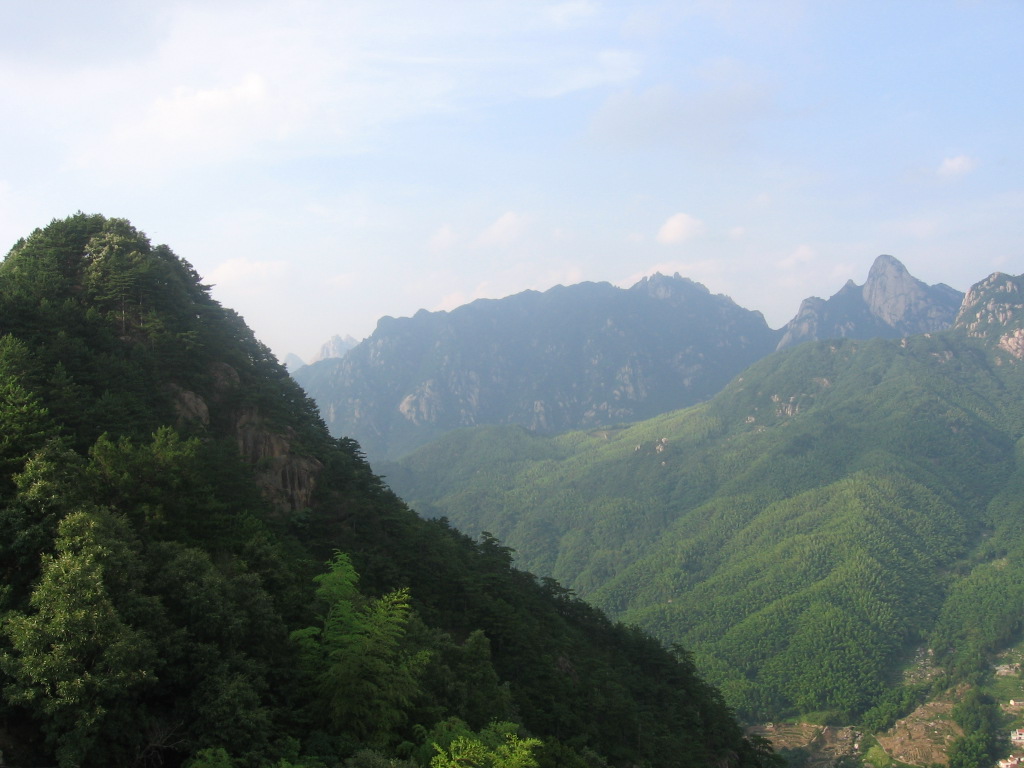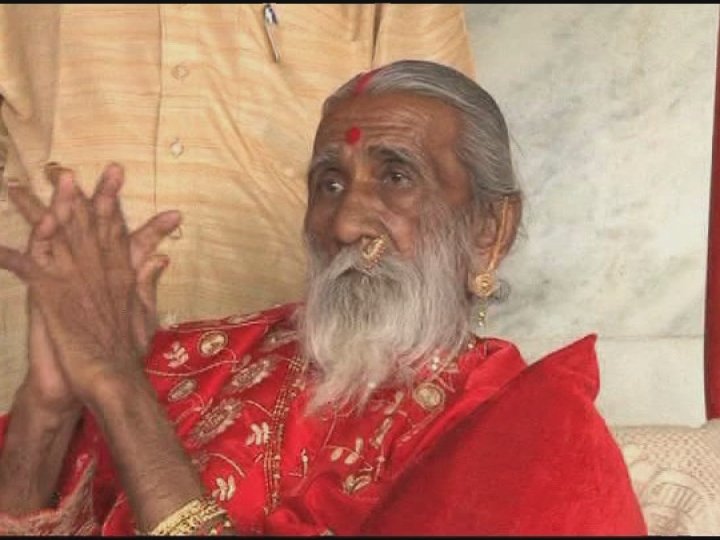The Japanese photographer Masehisa Fukase’s book of haunting photographs published as Karasu [Ravens] and published in English in the 1980’s as The Solitude of Ravens is getting renewed attention due to a British Journal of Photography award as the best photography book in the last 25 years. See Guardian announcement and photo gallery.
The book is long out of print and copies are very expensive. Guardian summary:
Brooding and shatteringly lonely, the Japanese photographer’s series on ravens has been hailed as a masterpiece of mourning
Fukase’s photographs of ravens in various grains of black and white evoke at once a sense of unease, repulsion, pity, and despair — as intended. The English translation adding the word and connotation of “solitude” attempts to capture the sense of alienation, strangeness, the status of pariah, outcast, of deformity and repulsion. It is almost unnecessary.
Elements of Japanese aesthetics, of wabi-sabi, can be identified, but the naturalism of the photographs becomes “unnatural” to most people’s sensibilities as otherwise comfortable onlookers. Both the art and psychology of the photographs are compelling in a new and different way than anything modernist.
Ravens are what they are but Fukase’s relentless lens inevitably provokes an analogy to human beings, to human society, to the ambivalence of real or contrived feelings of ugliness we all harbor. Solitude here is both the condition of ravens but also the result of our uneasiness.

